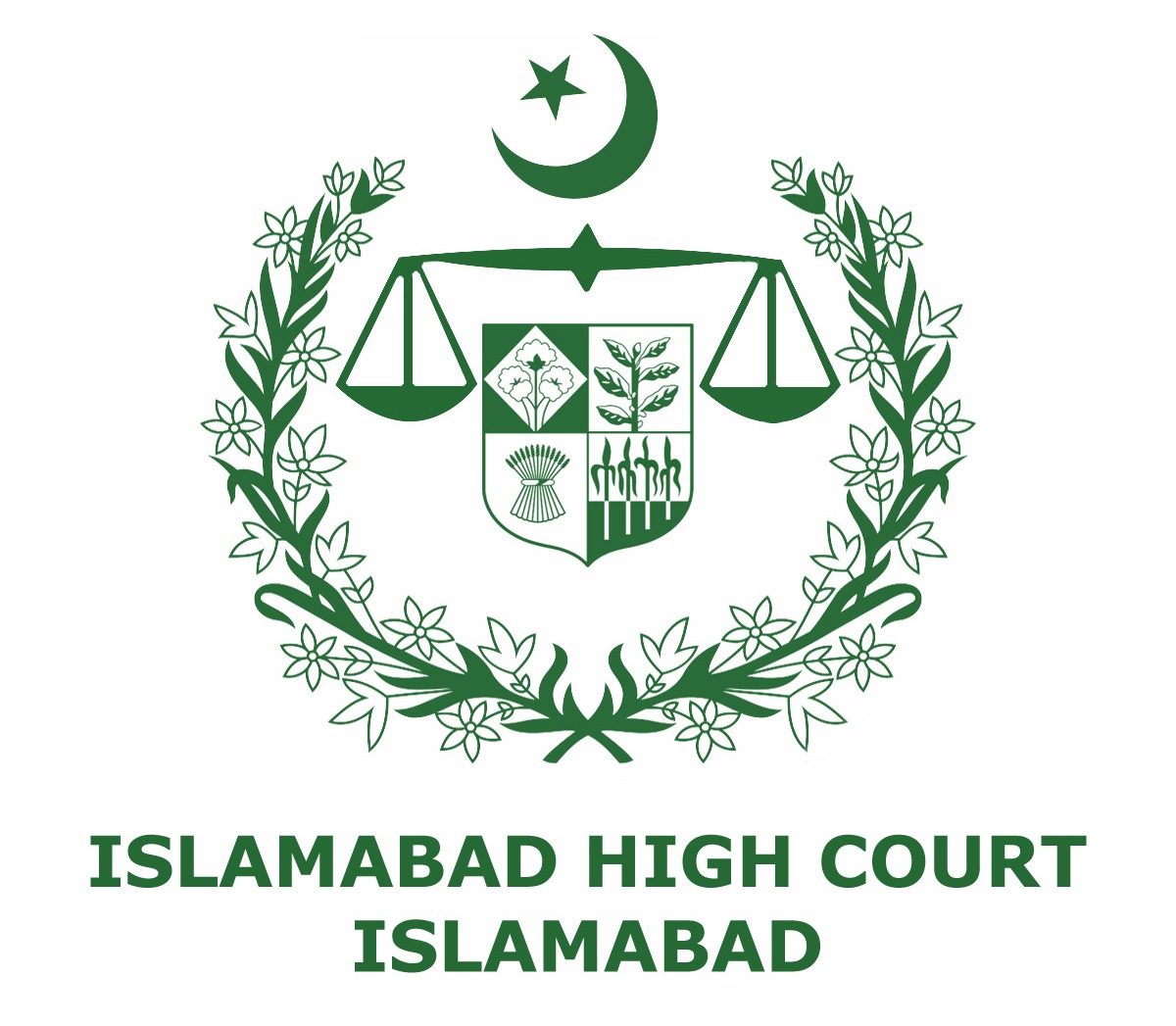UIC permitted to resume guarantee business amid legal review.
SECP’s decision declared unlawful. Petitioner must not be harassed.
Courts Reporter
Islamabad (July 03)
The Islamabad High Court (IHC) has suspended the Securities and Exchange Commission of Pakistan’s (SECP) order against the United Insurance Company (UIC), granting interim relief that allows the firm to resume its guarantee business operations until further proceedings.
On May 20, 2025, the SECP invoked Section 60 of the Insurance Ordinance, 2000, to prohibit UIC from offering guarantee products. The action was based on allegations that the company had persistently failed to honour insurance guarantees, triggering concerns about its operational integrity and regulatory compliance.
Following the move, UIC suffered significant financial losses and reputational harm, primarily due to the widespread dissemination of the SECP’s decision through media channels. Critics argue that the public nature of the announcement compounded the damage and disrupted client confidence.
Challenging the action, UIC initially appealed before SECP’s Appellate Bench, which upheld the original decision made by the Insurance Division of SECP. Left with no administrative recourse, the company filed a writ petition before the Islamabad High Court, arguing that the regulator’s decision was based on an unverified complaint, arbitrary, unlawful, and devoid of due process.
After hearing legal arguments presented by Advocate Ahmad Hassan, representing UIC, the IHC suspended the SECP’s order. The court expressed preliminary reservations regarding the legal basis of the regulatory intervention and instructed SECP to submit para-wise comments within two weeks.
The court noted that the SECP’s decision violates the principles of natural justice and the law of the land, adding that the regulator must desist from harassing the petitioner under various pretexts.
The development has reignited debate over the role of regulatory bodies in Pakistan’s financial ecosystem. Legal and corporate experts are urging regulators to exercise their authority with enhanced caution, transparency, and responsibility. It is widely acknowledged that abrupt and unilateral decisions—particularly when amplified through public channels—can cause disproportionate damage to companies, disrupt market stability, and deter investor confidence.
Industry stakeholders warn that such actions, if taken without appropriate internal adjudication and stakeholder engagement, can result in economic fallout. These may include loss of client trust, market volatility, and financial setbacks running into billions. More critically, these disruptions can also destabilise employment and operational continuity in major sectors.
“The SECP should refrain from conducting media trials against companies that are creating thousands of jobs and contributing significantly to national development,” they said.
UIC, which holds an AA+ credit rating from leading agencies, is among the largest and most respected players in Pakistan’s insurance sector. It is currently the biggest employer in the industry, with a consistent growth trajectory spanning over two decades. The company ranks among the top five insurers in the country, with a gross written premium of Rs 13 billion and claim disbursements totalling Rs 4.5 billion in 2024.
Industry observers argue that while regulatory oversight is essential, its execution must be balanced, accountable, and proportionate. Exercising regulatory powers without accountability can create a chilling effect on business sentiment, discourage foreign and local investment, and ultimately damage Pakistan’s already fragile economic outlook.
The IHC’s decision has been welcomed by many as a necessary check on unchecked regulatory interventions. The case now proceeds as a litmus test for institutional balance between governance and commercial rights.

